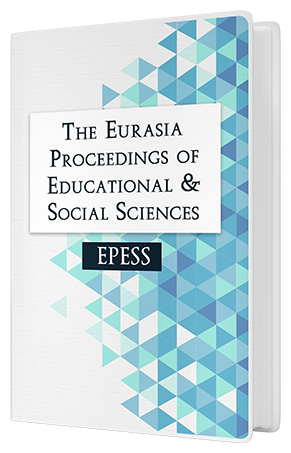Study of the Impact on the Development of Competencies: Collaborative Learning and Problem Solving by Engineering Students in a Multidisciplinary Context of Total Immersion
Keywords:
Educational innovation, Competency development, Collaborative learningAbstract
One of the most observed trends in Higher Education is the development of competencies to equip undergraduate engineering students for solving problems that they will confront in real-world situations. One way to develop these competencies is by exposing students to scenarios where they have opportunities to apply the information they have learned beyond an academic level and thereby acquire new, relevant knowledge. The purpose of this paradigm shift in education is to decrease the existing breach between learning in the classroom and learning in work-and-social environments in such a way that learning thus becomes a natural and continuous activity rather than one programmed and limited to university classrooms and labs. This present study shows how multidisciplinary teams of engineering students were called upon to solve a challenge for a week in the context of total immersion in a real-world environment. The study shows how students develop collaborative work skills while generating and applying new knowledge during the process of proposing a solution to the challenge. The importance of collaborative work skills among the team members was observed as a predictor of success in solving this challenge.Downloads
Published
Issue
Section
License
Copyright (c) 2020 The Eurasia Proceedings of Educational and Social Sciences

This work is licensed under a Creative Commons Attribution-NonCommercial-ShareAlike 4.0 International License.
The articles may be used for research, teaching, and private study purposes. Any substantial or systematic reproduction, redistribution, reselling, loan, sub-licensing, systematic supply, or distribution in any form to anyone is expressly forbidden. Authors alone are responsible for the contents of their articles. The journal owns the copyright of the articles. The publisher shall not be liable for any loss, actions, claims, proceedings, demand, or costs or damages whatsoever or howsoever caused arising directly or indirectly in connection with or arising out of the use of the research material. All authors are requested to disclose any actual or potential conflict of interest including any financial, personal or other relationships with other people or organizations regarding the submitted work.




